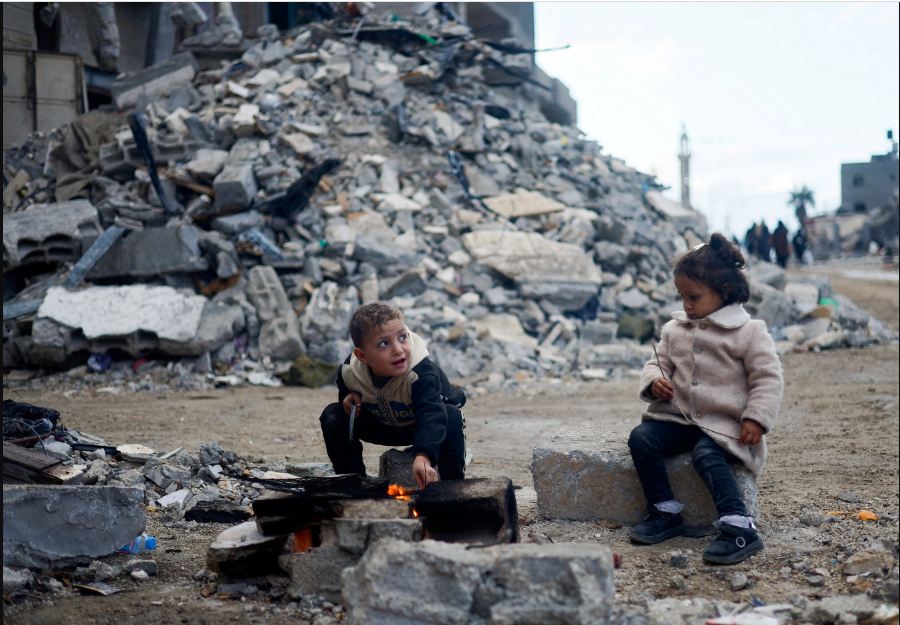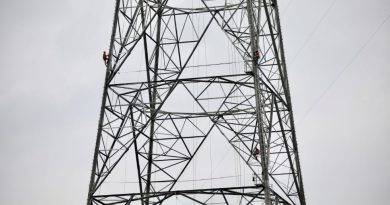Disease could be bigger killer than bombs in Gaza – WHO
Geneva (Reuters) – More people could die from disease than from bombings in the Gaza Strip if its health system is not repaired, a World Health Organization spokesperson said on Tuesday, warning of a surge in infectious diseases and diarrhoea in children.
In figures deemed reliable by the United Nations, Gaza health authorities say more than 15,000 people have been confirmed killed in Israel’s bombardment of the narrow enclave, around 40% of them children, with many more feared to be lost under rubble.
Israel has sworn to annihilate Hamas, the militant group that rules Gaza, after its gunmen burst through the border killing around 1,200 people and seizing 240 captives on Oct. 7.
“Eventually we will see more people dying from disease than we are even seeing from the bombardment if we are not able to put back (together) this health system,” the WHO’s Margaret Harris said at a U.N. briefing in Geneva.
She repeated concerns about a rise in infectious diseases, particularly diarrhoea in infants and children, with cases for those aged five and older surging to more than 100 times normal levels by early November.
“Everybody everywhere has dire health needs now because they’re starving because they lack clean water and (they’re) crowded together,” she said.
Under the terms of a pause in fighting, Israel has allowed more aid to flow into Gaza including food, water and medicine although aid agencies say it is not enough to meet the immense needs.
James Elder, a spokesperson for the U.N. Children’s Agency in Gaza, told reporters by videolink that hospitals in the strip were full of children with burns and shrapnel wounds and gastroenteritis from drinking dirty water.
“I met a lot of parents… They know exactly what their children need. They don’t have access to safe water and it’s crippling them,” he said.
He described seeing one child with part of his leg missing lying on the hospital floor for several hours, without receiving treatment for lack of medical staff. Other injured children were lying on makeshift mattresses in car parks and gardens outside, he said.
“Everywhere doctors having to make horrendous decisions on, you know, who they prioritise,” he said.
Citing a U.N. report on the living conditions of displaced residents in northern Gaza, Harris said: “(There are) no medicines, no vaccination activities, no access to safe water and hygiene and no food,” she said.
She described the collapse of Al Shifa Hospital in northern Gaza as a “tragedy” and voiced concern about the detention of some of its medical staff by Israeli forces during a WHO evacuation convoy. Nearly three quarters of hospitals, or 26 out of 36, have shut down entirely in Gaza, she added, due to bombings or lack of fuel.


